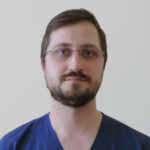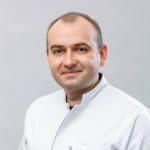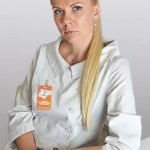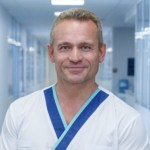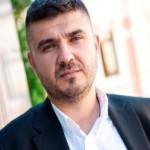The neurological center consists of 2 departments:
- General neurology and neurorehabilitation,
- Intensive therapy.
Neurological intensive care unit
The intensive care unit (neurological) has 12 inpatient beds and provides assistance around the clock. It is equipped with surveillance systems and modern high-tech equipment:
- Consoles and functional beds,
- Patient monitors,
- Infusomats,
- Perfusion pumps,
- defibrillators,
- Breathing apparatus “Dräger” and “Maquet”,
- ICP measuring devices “Codman”,
- Apparatus for artificial ventilation of the lungs “Hamilton-C1”.
Operating rooms are equipped with “Dräger” Primus anesthesia and respiratory devices, BIS monitors, perfusion pumps and devices for warming patients.
The department conducts round-the-clock emergency reception of patients with:
- acute impairment of cerebral circulation,
- convulsive syndrome of any etiology,
- traumatic brain injury,
- inflammatory diseases of the central nervous system.
The center’s neurologists carry out preoperative treatment of critically ill patients in order to stabilize the functioning of vital organs and systems.
Achievements
The European Stroke Association (ESO) recognized this department as a center for thrombolytic therapy for ischemic stroke, which is confirmed by the corresponding certificate.
The department is actively involved in the implementation of sparing endoscopic thrombextraction techniques.
